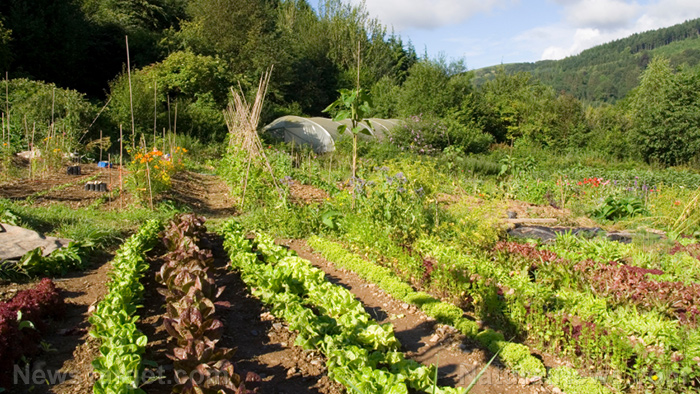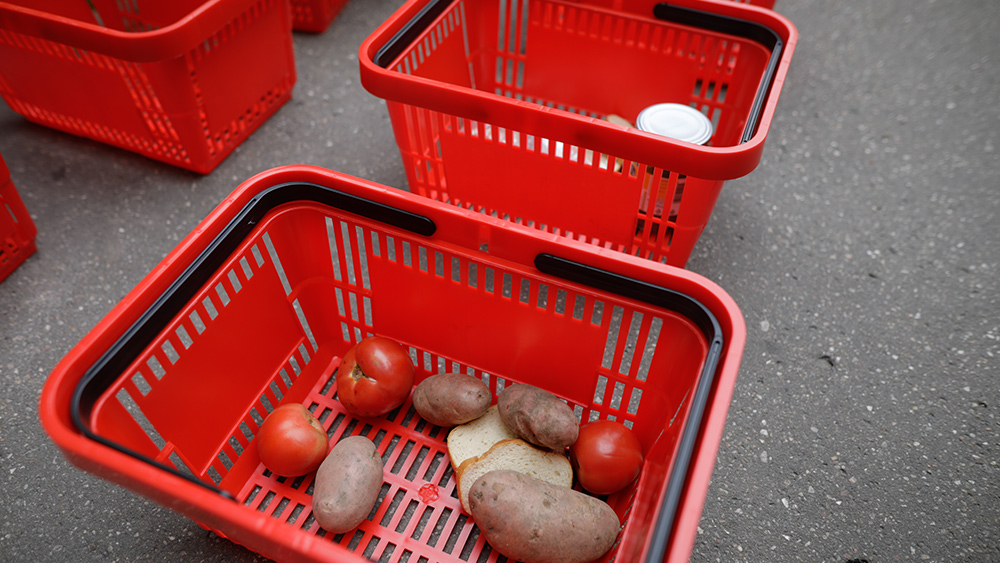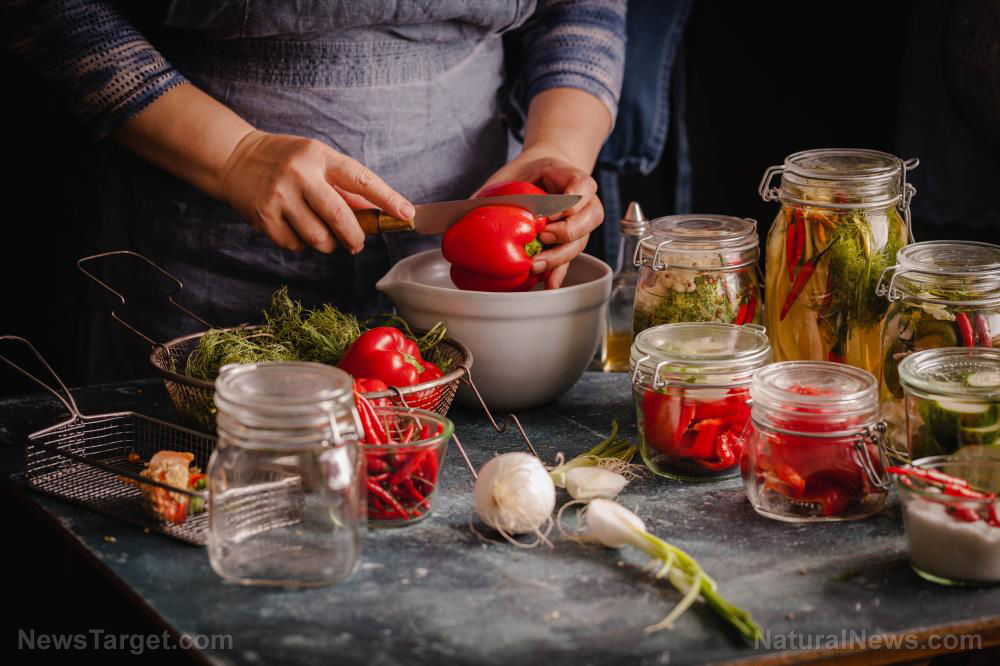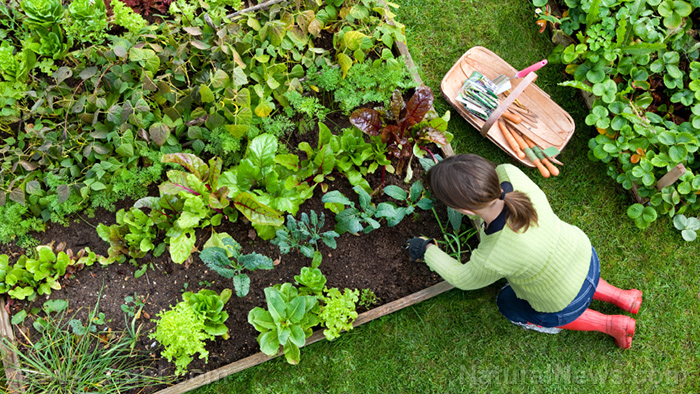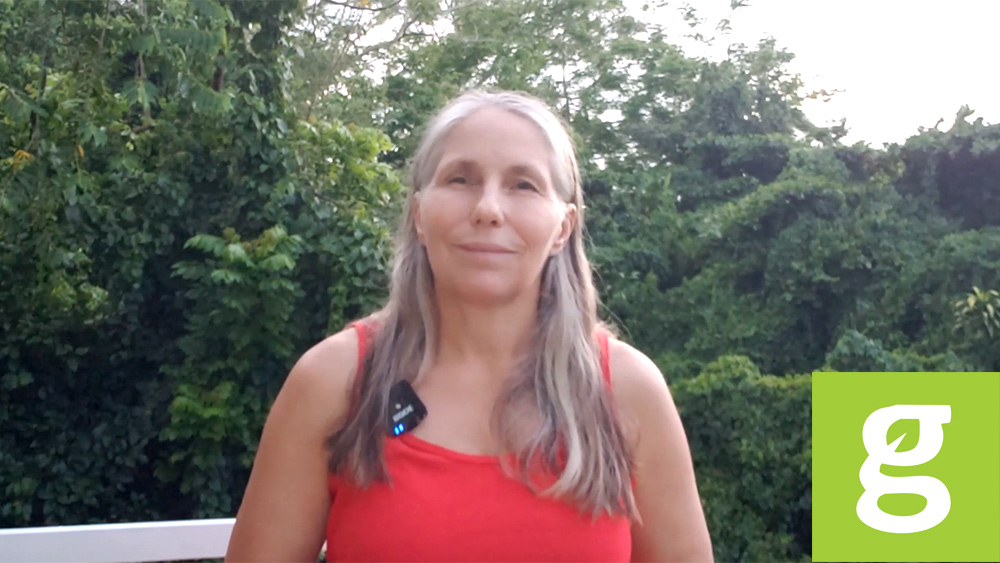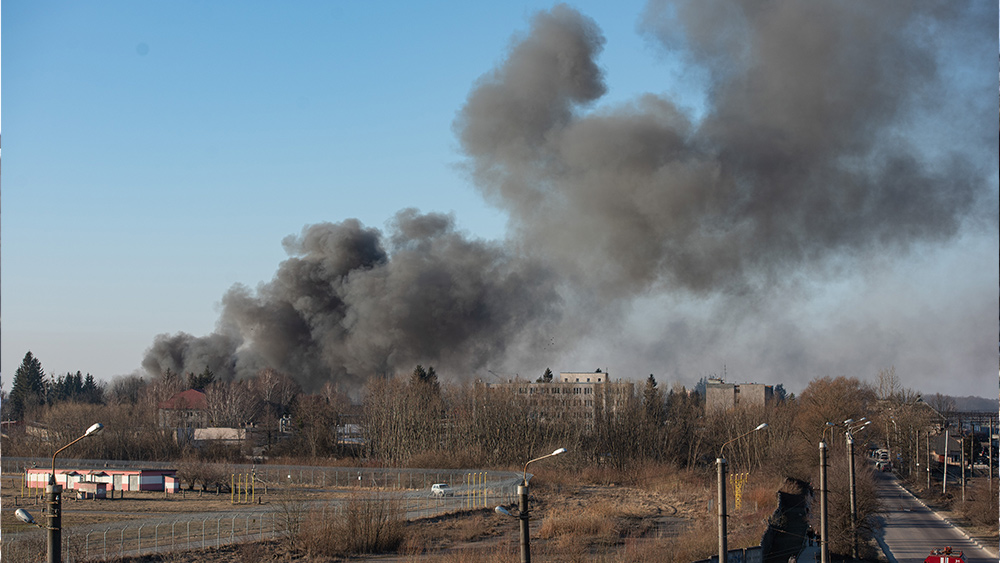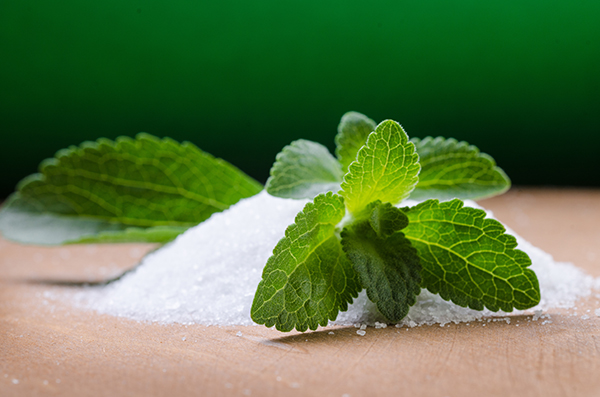Things to ponder if you want to take self-sufficient living seriously
11/07/2017 / By Rita Winters
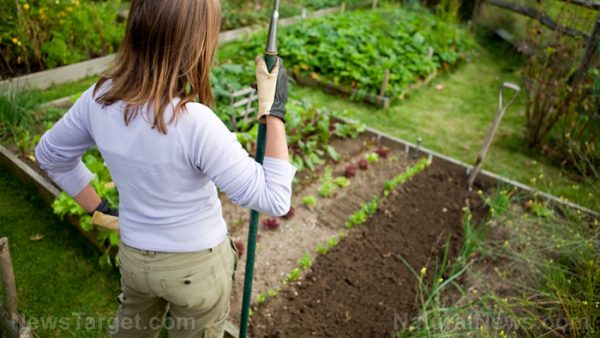
If you’ve ever considered living the simple life and being self-sufficient, then you’ve probably thought about a lot of changes you’d need to make in your life, including what new skill(s) to learn and what unnecessary habits to give up. Not everyone can manage a self-sufficient and independent life, especially people who have grown accustomed to living in the city (where everything is easily bought).
What does it take to be self-sufficient? First, you need to understand what it means. Self-sufficiency is basically growing, cooking, and processing your own food; fixing, repairing, and making your own stuff; and keeping all expenses to a bare minimum. Unfortunately, many of the skills needed in order to survive by yourself are not taught in traditional schools.
To give you an idea of what self-sufficiency is really like, the following tasks are needed on a day-to-day basis. These are basic skills that you must have in order to start your own independent lifestyle, and eventually get rid of your dependence on urban society. Who knows, you might even decide to go full-on homesteading after this!
- Grow, cook, and preserve your own food – Knowing how to grow your own tomatoes and carrots goes a long way, but if you’re a meat-eater, you’ll also have to learn how to raise animals. Being self-sufficient means being able to humanely kill and eat livestock you’ve raised. Or you could just forgo meat altogether and live on a plant-based diet.
- Build and repair stuff – An independent person would not call on a repairman to fix a leak in the ceiling, but would instead fix it himself. Building things is not as easy as purchasing something from IKEA and assembling it. Building means measuring, sawing, gluing, nailing, and polishing your very own rocking chair. If you don’t have this skill, you can start by replacing your own light bulbs and doorknobs, then working your way up by starting a small woodwork project, like an end table or a desktop file drawer. Repairing stuff also means mending your own clothes, and checking your truck’s engine when problems arise.
- Reducing, reusing, and recycling – If you can think of a hundred ways to use a tin can, then you’re on the right path. As simple as it sounds, most people would rather throw away a tin can than re-purpose it into a flower pot or pen holder. Self-sufficiency is also responsibility towards the environment, so instead of being wasteful like most city-dwellers, try to give another purpose to items considered by many to be “trash.”
- Heal yourself – You should be able to properly diagnose most common illnesses and treat wounds. The ability to make use of herbs (that you’ve planted of course) to heal yourself or disinfect wounds is a skill that may be difficult to acquire, but is nonetheless necessary.
- Basic housekeeping – This includes washing the dishes, sweeping the floor, laundry, and keeping everything neat and in order. Housekeeping skills can go a long way, especially if you live by yourself. If you have a family, this is a good discipline to have, especially with kids around. Household chores develop a person’s responsibility towards the environment, and are a great step towards making the world a better (and cleaner) place to live.
The last and most important thing to consider when going independent is the ability to make commitments. It is generally a responsibility you choose to take, as preparation for the uncertainties of the future. Being self-sufficient does not necessarily have to be hard since you can start with minor tasks first. Once you achieve small, independent tasks daily, then you can move towards being more reliant on yourself on a full-time basis.
Sources include:
Countryfarm-Lifestyles.com
PathwaysToFamilyWellness.org
Submit a correction >>
Tagged Under:
homesteading, independent living, independent skills, preparedness, self sufficiency, self-reliance, survival
This article may contain statements that reflect the opinion of the author
RECENT NEWS & ARTICLES
COPYRIGHT © 2017 FOOD FREEDOM NEWS

